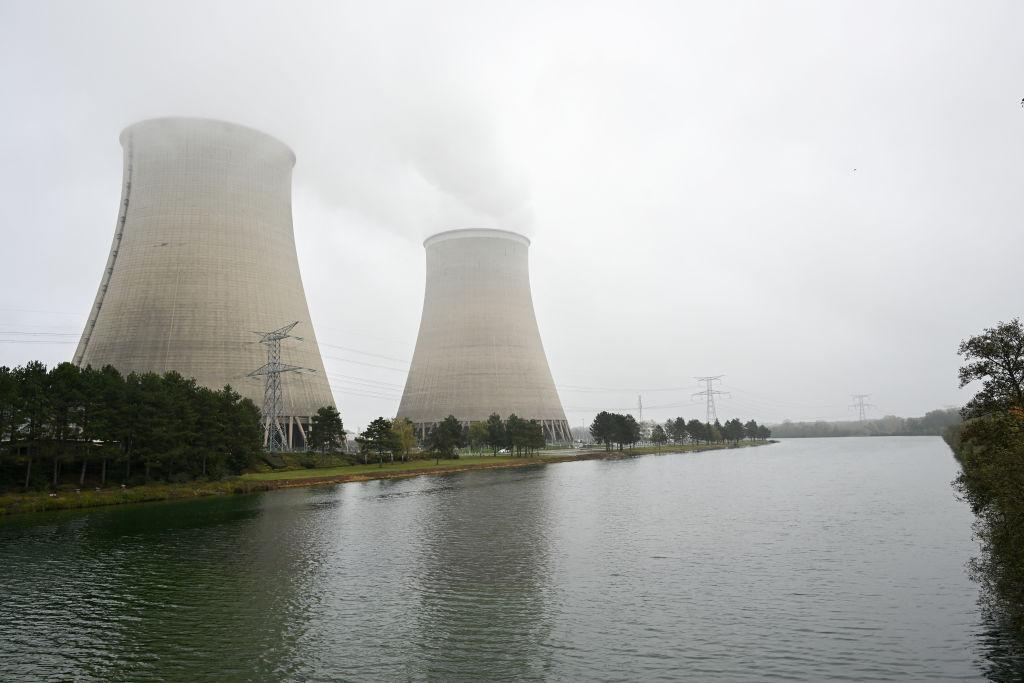A mining infrastructure chief is confident Australia can develop the right workforce for a nuclear power industry.
During a recent Senate inquiry into nuclear power in the country, Bob McCosker, the director and founder of McCoskers Contracting, with 40 years of experience in the industry, addressed concerns about the lack of manpower.





